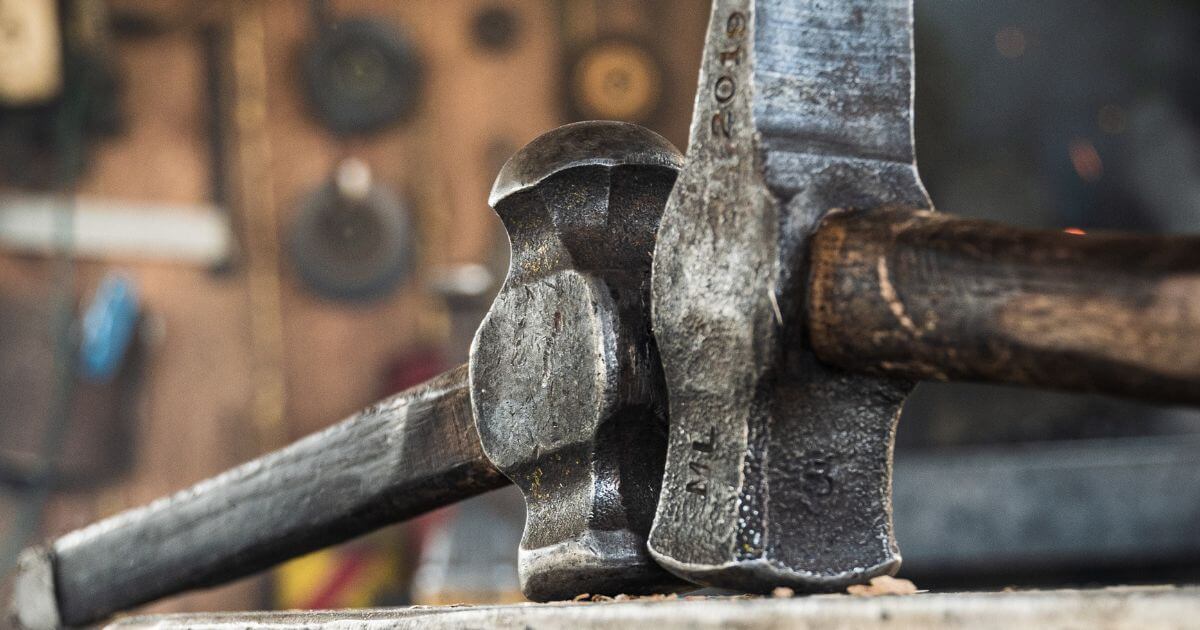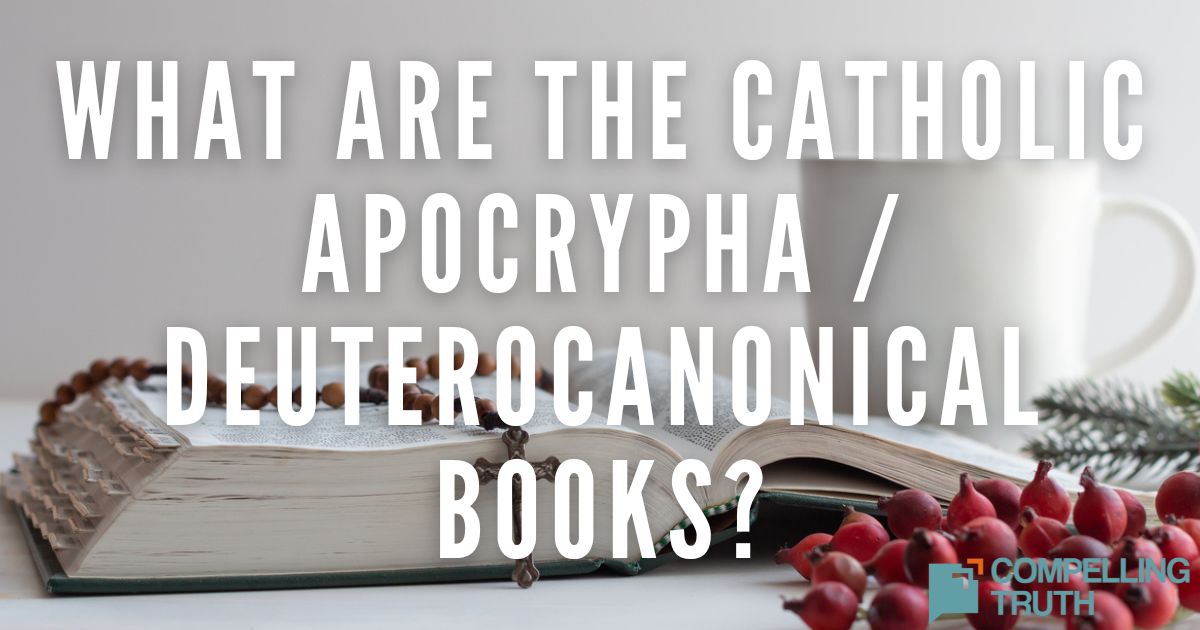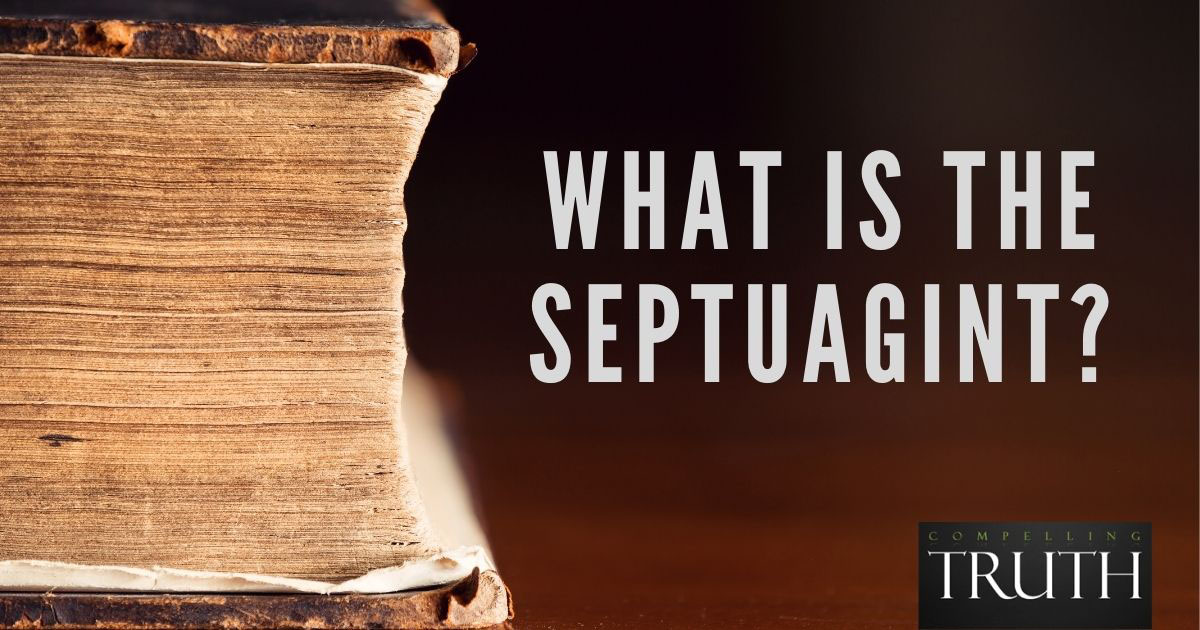First and Second Maccabees were Jewish writings regarding the history of the Jews during the intertestamental period, the portion of time between the Old and New Testaments. They were written in the second century BC (likely date of 1 Maccabees) or first century BC (likely date of 2 Maccabees), probably originally in Hebrew for 1 Maccabees and Greek for 2 Maccabees, though the surviving manuscripts are in Greek.
The two books share some commonalities with parts of Scripture in that they emphasize faithfulness to God under oppression (Daniel 1:8, 3:16-18) and God’s provision for His people (Exodus 14; 2 Kings 4:1-7). However, they focus on military deliverance rather than the New Testament message of spiritual deliverance amid worldly oppression (Matthew 5:38-48; Romans 12:17-21). These two books are included in the Apochrypha or Deuterocanonical Books that are accepted by the Catholic and Orthodox Churches, but are rejected as Scripture by most Protestant groups since they were not part of the Jewish Old Testament or the New Testament.
The Maccabees were Jewish leaders who took part in a revolt against the Seleucids between 175 and 134 BC. First Maccabees covers the efforts of the Jewish people to regain their freedom following the desecration of the temple by Antiochus IV Epiphanes.
Second Maccabees includes a different edition of the first seven chapters of 1 Maccabees and was written at a later date, likely in Alexandria, Egypt. The author is unknown. He claims to provide a shortened version of a five-volume history by Jason of Cyrene.
During this time period, an older priest named Mattathias lived with his five sons. When Antiochus commanded some soldiers to Mattathias' village of Modein to force Jews to offer sacrifices to pagan gods, the priest was commanded to do so first. Mattathias refused, offering a powerful speech (1 Maccabees 2:15-22). Another Jew offered to take his place, but Mattathias killed him as well as the soldiers in response. He also destroyed the pagan altar and led many followers to hide in the wilderness. Their newly-formed revolt began conducting military battles against other towns to destroy pagan altars, killing enemies, and putting to death Jews who worshiped other gods.
Mattathias died early in the revolt and his son Judas led in his place. Against many foes, the rebels continued to win, including the defeat of 50,000 soldiers in one battle. The group became known as the "Maccabees;" Judas was given the nickname "Maccabeus" for his ability to "hammer" enemy forces into the ground. Antiochus responded to the Maccabean Revolt with an even larger army to destroy the Jews in Emmaus. Judas prayed to God and won a victory with only 10,000 on his side. After their victory, he led the Jews to Jerusalem to cleanse the temple.
Both 1 and 2 Maccabees are historical accounts that form the background of the Jewish Hanukkah holiday, which celebrates the cleansing and restoration of the temple. Jonathan, another of Mattathias' sons, became new high priest after the rededication of the temple and also became commander of the army. First Maccabees concludes with the line of Maccabean leaders who followed, including Simon, another of Mattathias' sons, and Simon's son John Hyrcanus.
Though it includes a compelling historical account, there are concerning theological teachings particularly in 2 Maccabees. One is the concept of praying on behalf of the dead (2 Maccabees 12:34-35). Also, 2 Maccabees 15:14 speaks of Jeremiah praying for the people on Earth, introducing what Catholics teach as the prayers of the saints, a doctrine not found in the Old and New Testaments. Additionally, the Catholic teaching regarding purgatory comes from 2 Maccabees 12:46 that reads, "It is therefore a holy and wholesome thought to pray for the dead, that they may be loosed from sins." The belief is that people first enter purgatory upon death (at least in some cases) and that the actions of believers on Earth can help a person move to heaven. This teaching is only found in this book which is not considered Scripture by Protestants or Jews.




